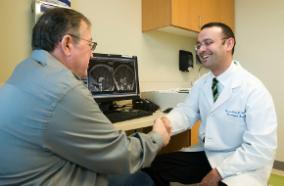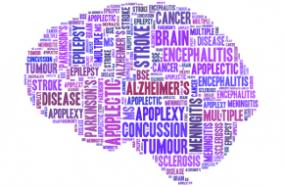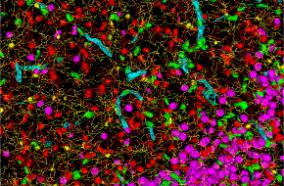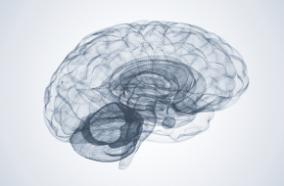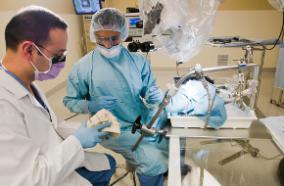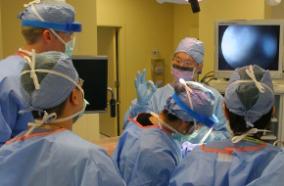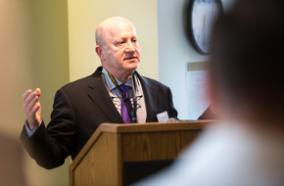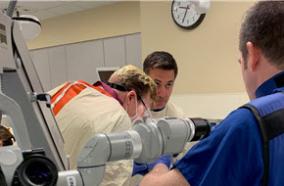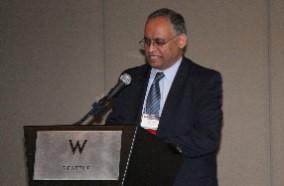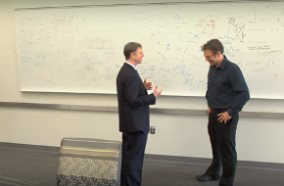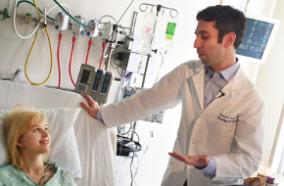Post-traumatic epilepsy is a common complication of traumatic brain injury TBI, occurring in up to 20 of civilian patients and as many as50 of military service members who suffer severe brain trauma, and 3-5 of those who suffer moderate TBI. A sophisticated understanding of the subtypes of epilepsy resulting from brain trauma will be required to successfully develop anti-epileptogenic therapies. We propose to extend the follow-up FU period of TRACK-TBI participants from the current 1 year post injury to 5 years post injury Aim 1.This will allow identification of 90 of participants who will eventually develop PTE. The FU period for SD-2 participants will be extended from the current 6 months post injury to 2 years post-injury Aim 2, using the same structured telephone interview. This will allow identification of 75 of subjects who will eventually develop PTE. Participants who screen as possible PTE will be invited for an in-depth clinical evaluation with an epileptologist at each site Aim 3, which will be conducted in-person. TRACK-TBI has enrolled 2722 subjects with TBI from 22014 72018, and SD-2 started enrolling subjects in 2017. This in-person evaluation will include a multi-modal MRI study, as well as collection of blood to measure biomarkers of neurodegeneration and inflammation.
University of Pennsylvania

